- Get link
- X
- Other Apps
This is because speech is a left-brain function but singing is a right-brain function. A combination of any or all of the above.
Communication After Stroke Stroke4carers
But there is some speech therapy you can do at home as part of your stroke recovery efforts.
:max_bytes(150000):strip_icc()/stroke-symptoms-4014442-ADD-FINAL-363bb8055b8a4d56bc7752fc217d06c2.jpg)
Speech problems after stroke. They may speak slowly with long pauses and struggle with longer words and certain sounds. The stroke left him with cramping and pain in his left side--hands and feet mainly. The two most common speech-related impairments as a result of having a stroke are Aphasia and Dysarthria.
Some problems that happen after stroke are more common with stroke on one side of the brain than the other. Aphasia or dysphasia is the name for the most common language disorder caused by a stroke on the left side of the brain. Keep listening and reading.
A unique approach called singing therapy helps patients capitalize on this opportunity for recovery. 6 Communication problems after stroke Problems with reading and writing Alexia is when you find reading difficult because youre not able to recognise written words. Speech Problems After Stroke How speech pathology treats speech and language problems after a stroke or a brain injury Strokes and acquired brain injuries can significantly impact speech and language communication.
Ve noticed that he has been having trouble remembering things and his speech never the same after the stroke is barely understandable. The change in communication skills is known as aphasia. Many people who had difficulty learning to speak again after brain injury or stroke often have great success with singing therapy.
Speech problems following stroke sometimes recover within hours or days however some communication problems are more permanent. For example you may develop a speech impairment because of. There are three types of speech difficulty that can occur after a stroke.
The speech-language pathologist at the UPMC Rehabilitation Institute evaluates and provides treatment for these problems. Aphasia is a common problem after stroke and around a third of stroke survivors have it. It is a language.
Aphasia and apraxia of speech. Dysarthria Slurred Speech Someone whos had a stroke may also have dysarthria. Therefore people with left-brain damage in stroke are more likely to have more severe speech and language problem.
Left-side brain is the dominant centers for language. Aphasia dysphasia and dysarthria as a result of a stroke can cause disruption and frustration when communication is either partially or wholly affected. Communication disorders that often appear after stroke include aphasia apraxia of speech and oral apraxia.
Aphasia can generally be broken down into the following types. Aphasia is a common result of a stroke and affects men and women equally. Some people had help from a Speech and Language Therapist to aid their recovery see Stroke recovery.
Cognitive Problems Memory Problems Short term memory problems Storing new memories Slower memory recall speeds. This problem can include the decreased ability to write speak and difficulty in understanding spoken written language. If you have problems with writing this is known as agraphia.
It is sometimes called word blindness or visual aphasia. Other problems after a stroke can affect communication too. Generally speaking there are 2 main types of speech problems that occur after stroke.
There are several types of dysarthria. Aphasia can affect how you speak your ability to understand what is being said and your reading or writing skills. This can mean that your speech becomes slurred or slow or that your voice sounds quiet.
In most people the left side of the brain controls the ability to speak and understand language. Type of Speech Problems After a Stroke. A list of common problems experienced after suffering a stroke are given below.
It is possible for there to be speech problems after a stroke since a stroke can affect muscle in the mouth and throat. Communication Problems After a Stroke. Communication problems after a stroke may involve.
He cannot hold tools so he cannot work former electrician. Different types of speech impairment are caused by different things. The right side of the brain controls the ability to pay attention recognize things you see hear or touch and be aware of your own body.
Aphasia involves difficulty producing andor interpreting language caused by damage to a specific area of the brain. Attention Problems Difficulty selecting what information requires attention and what does not Easily distracted Struggle to focus on the task at hand Filter. This is difficulty speaking clearly because of weakness slowness or lack of coordination in the muscles of the mouth face voice and lungs.
You may find it difficult. Dysarthria happens when youre not able to control the muscles in your face mouth and throat very well so its difficult to speak clearly.
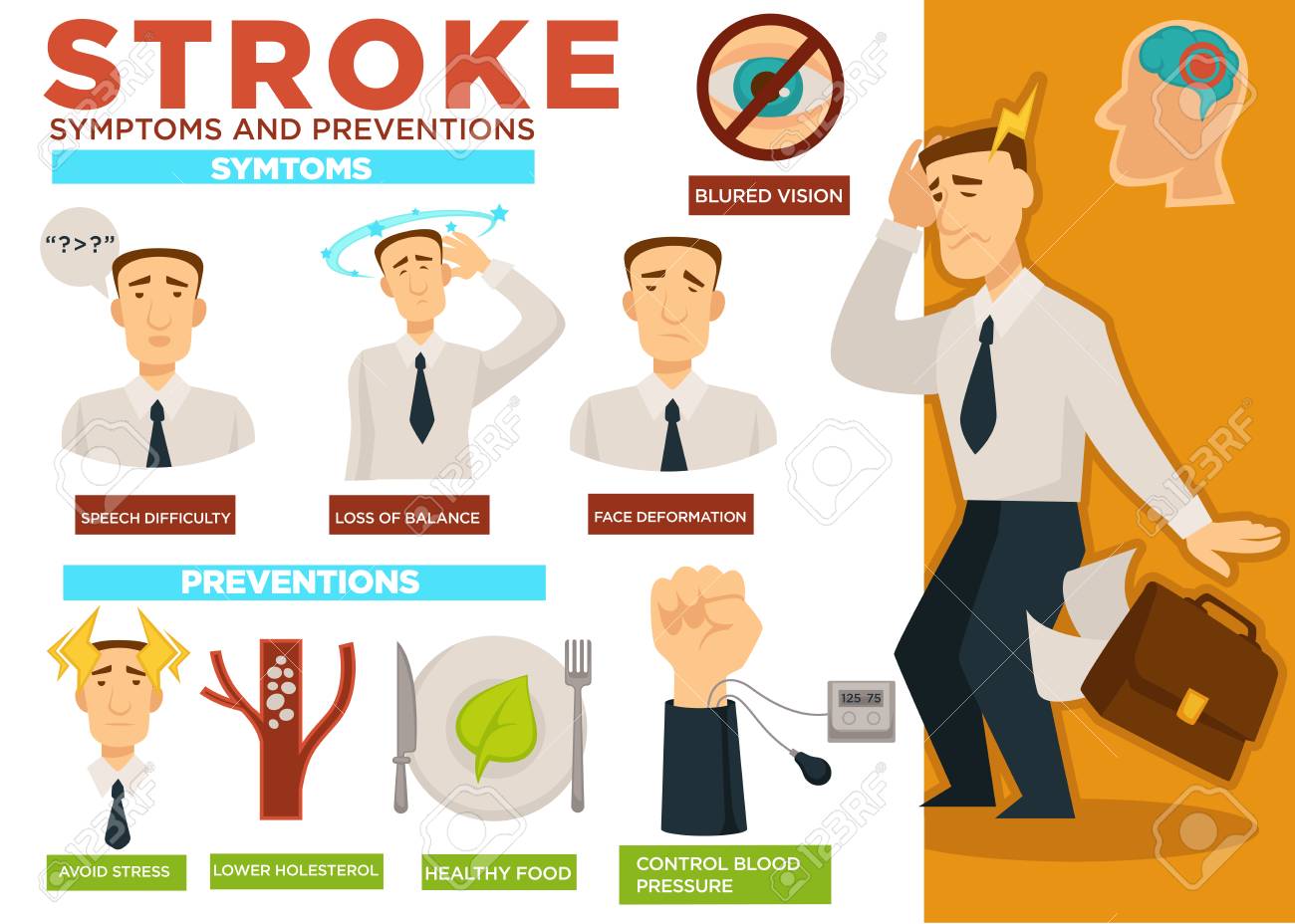 Stroke Symptoms And Preventions Poster With Text Vector Speech Royalty Free Cliparts Vectors And Stock Illustration Image 110299722
Stroke Symptoms And Preventions Poster With Text Vector Speech Royalty Free Cliparts Vectors And Stock Illustration Image 110299722
 What Is Life Like After A Stroke Rehabilitation And Recovery Following A Stroke Sunrise Hospital
What Is Life Like After A Stroke Rehabilitation And Recovery Following A Stroke Sunrise Hospital
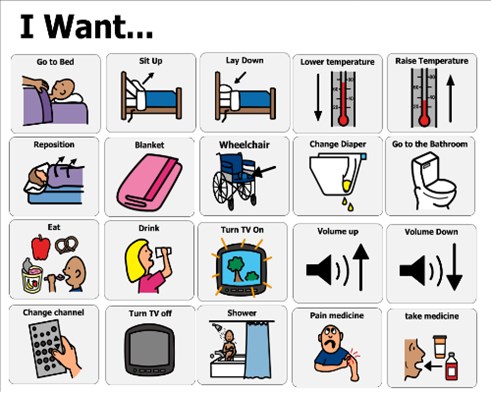 Expressive And Receptive Aphasia After Stroke
Expressive And Receptive Aphasia After Stroke
 Speech Difficulty Symptom Stroke Sign Disease Vector Image
Speech Difficulty Symptom Stroke Sign Disease Vector Image
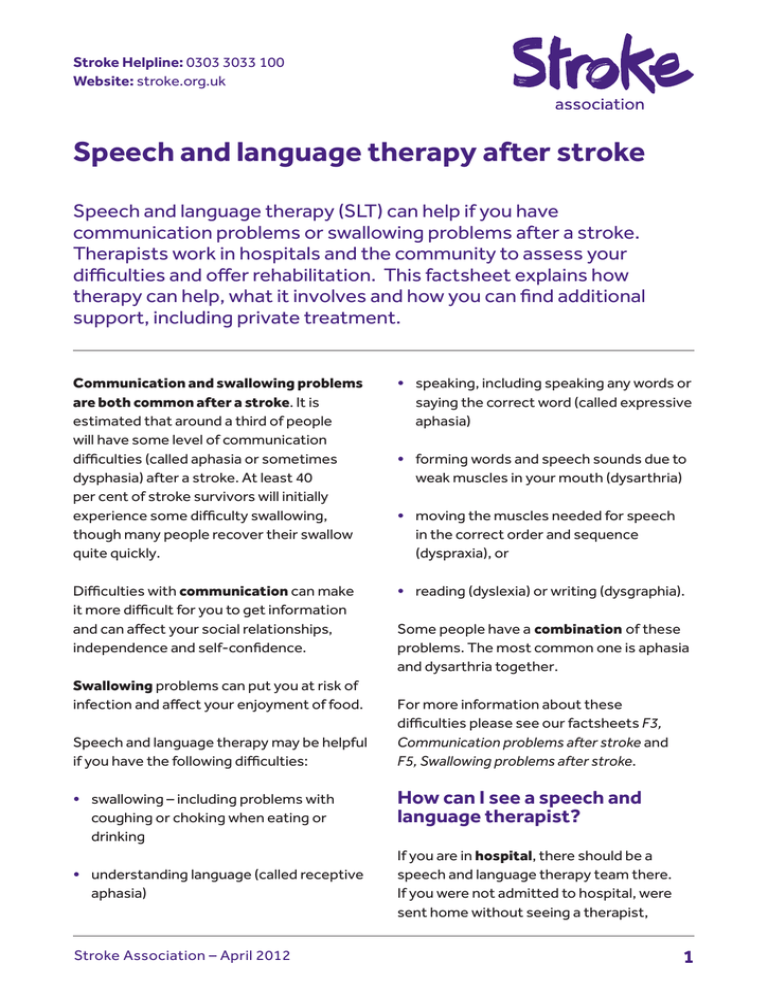 Speech And Language Therapy After Stroke
Speech And Language Therapy After Stroke
 Brain Stroke Is Treatable A Guide To Treatment Recovery Medipulse Best Private Hospital In Jodhpur
Brain Stroke Is Treatable A Guide To Treatment Recovery Medipulse Best Private Hospital In Jodhpur
 Communication After Stroke Ppt Download
Communication After Stroke Ppt Download
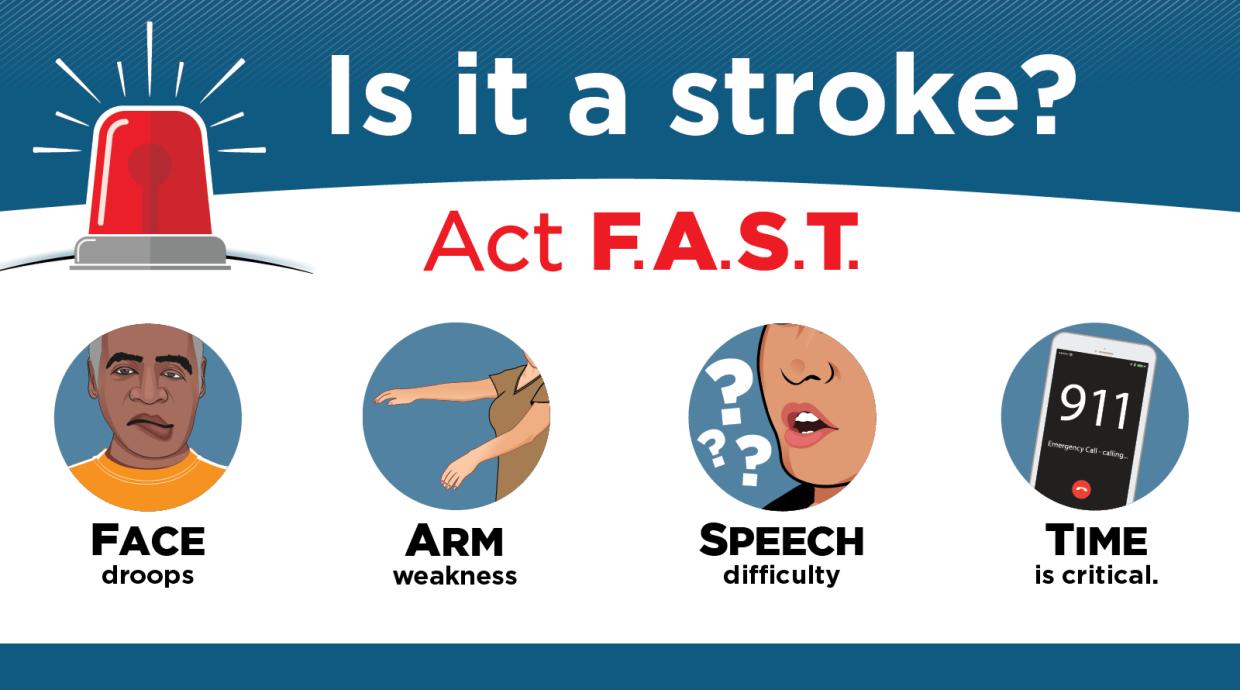 Stroke Signs And Symptoms Act F A S T Mass Gov
Stroke Signs And Symptoms Act F A S T Mass Gov
 The Most Common Stroke Questions Answered Saebo
The Most Common Stroke Questions Answered Saebo
/ms-symptom-aphasia-2440859-01-3d5cca5a69bd4ce7b732bb6e98c04796-8bcac2367885440ebdb69d673c50218d.png) 3 Types Of Aphasia That May Result From Stroke
3 Types Of Aphasia That May Result From Stroke
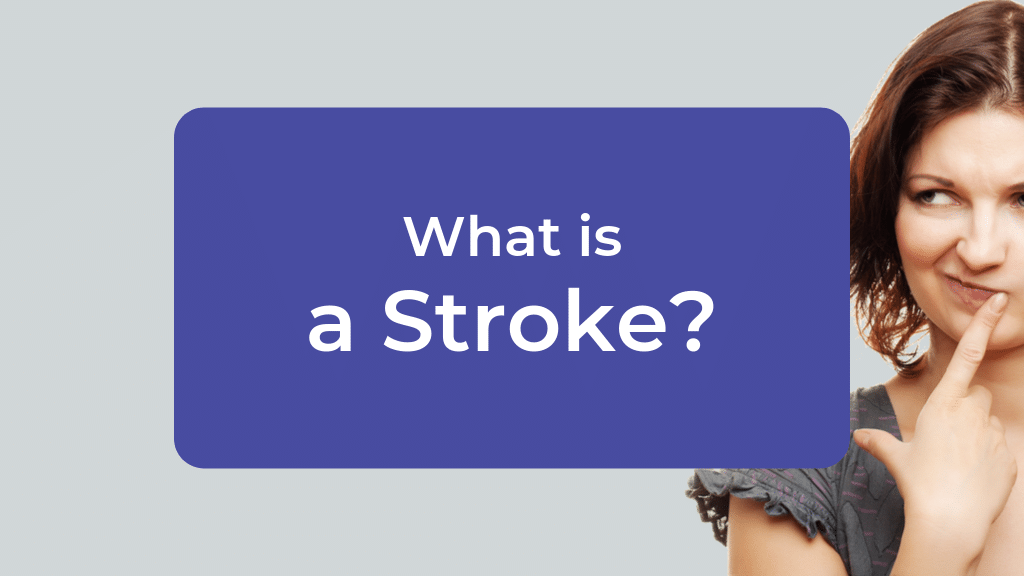 Trouble Talking Diagnosing Communication Problems After A Stroke
Trouble Talking Diagnosing Communication Problems After A Stroke
:max_bytes(150000):strip_icc()/stroke-symptoms-4014442-ADD-FINAL-363bb8055b8a4d56bc7752fc217d06c2.jpg) Stroke Signs Symptoms And Complications
Stroke Signs Symptoms And Complications
Tips For Communicating With Seniors Who Have Difficulty Speaking After Stroke Infographic Dailycaring
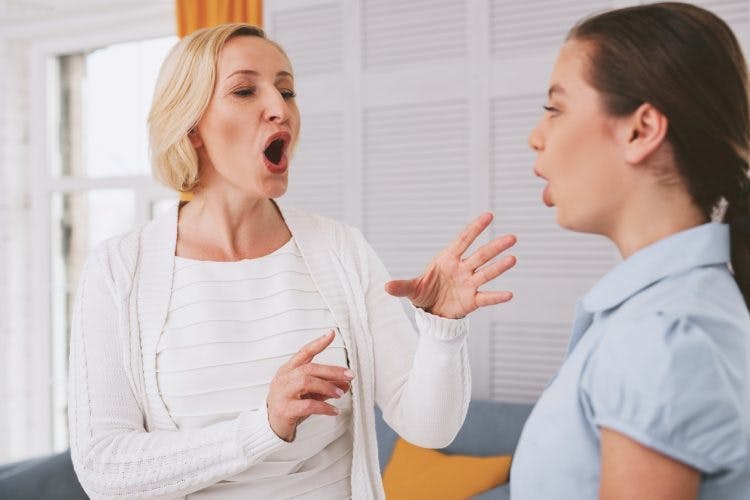 The Best Speech Therapy Exercises For Stroke Patients Flint Rehab
The Best Speech Therapy Exercises For Stroke Patients Flint Rehab
Comments
Post a Comment